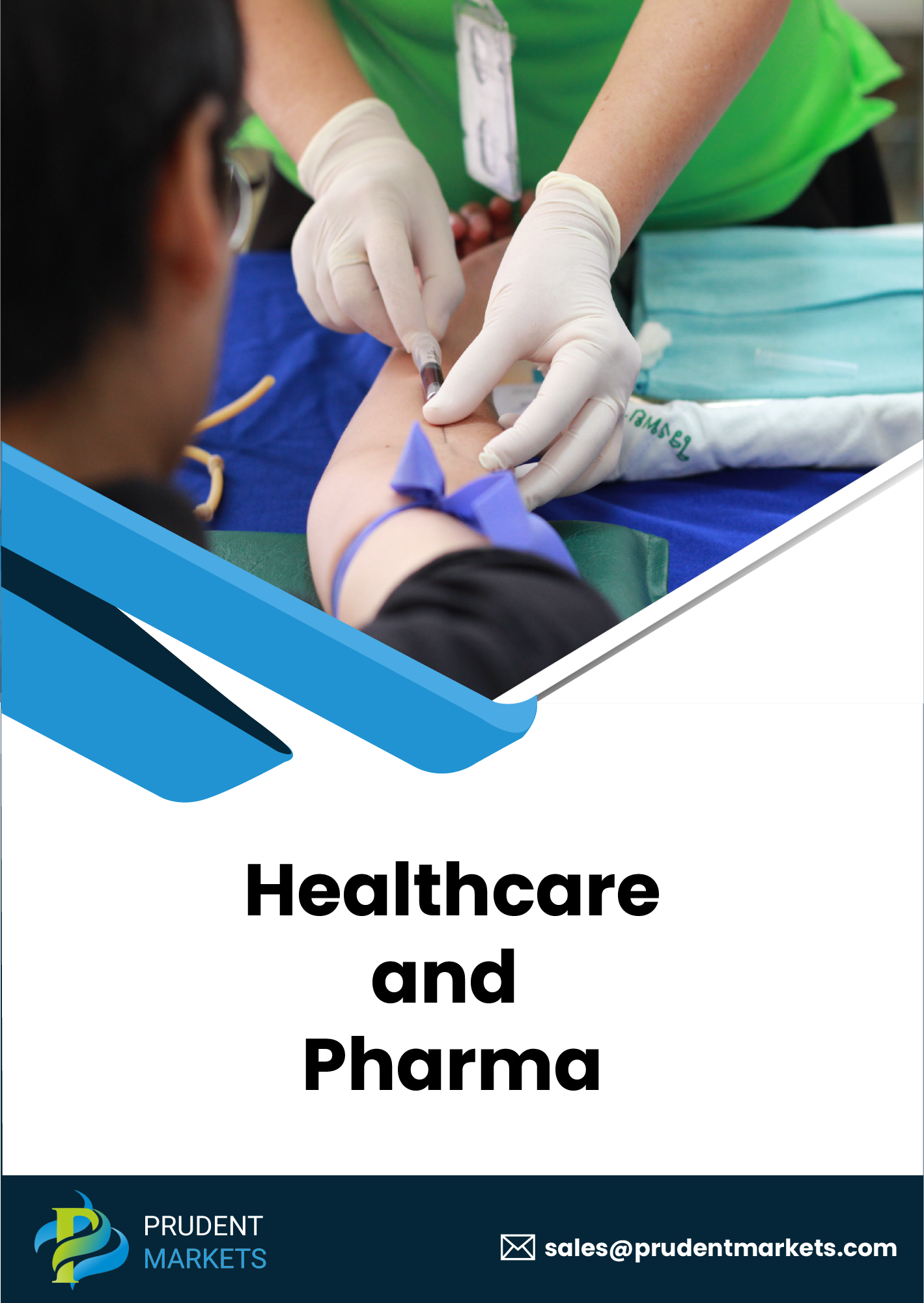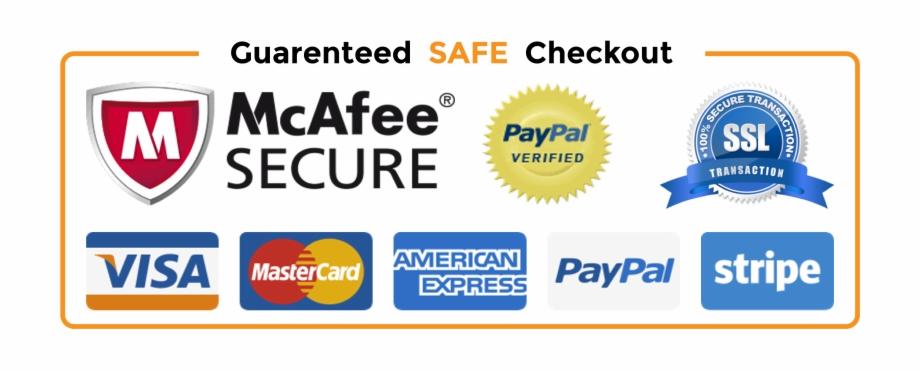
Global Eosinophilic Esophagitis Drug Market Share, Size, Trends, Industry Analysis Report, by Product (Off-Label Drugs, Budesonide Oral Suspension, Fluticasone ODT, Mepolizumab, Reslizumab, Benralizumab, Dupilunab, Omalizumab, QAX576, AKOO2, and Losartan); by Diagnosis; by Treatment; by Regions; Segment Forecast, 2019 - 2028
- Published Date: 2022-12-26
- Report ID: 138115
- Pages: 200
-
Format:

Report Overview
The global eosinophilic esophagitis drugs market size stood at around USD 120 million in 2019 and is projected to reach USD xx billion by 2028, exhibiting a CAGR of xx% during the forecast period.
Eosinophilic esophagitis development is due to the presence of a deficient mucosal barrier in the esophagus and reverse immune reaction causing fissures/lesions, fibrosis, and dysmotility in the esophagus, mediated by Th2 interleukins. Eosinophilic esophagitis is multi-factorial, with around a 7 percent risk of genetic inheritance. Food allergies, and exposure to excessive use of antibiotics, acid suppression, and early life symptoms of gastro-intestinal disorders are also predominant market factors.
Market Drivers
Recently, the potential drug candidates for the treatment of eosinophilic esophagitis have received promising results, which is expected to drive the market forward. In September 2020, Sanofis drug candidate Dupixent (dupilumab) received breakthrough therapy designation from the U.S. Food and Drug Administration (FDA) to treat eosinophilic esophagitis patients of 12 years and older in collaboration with Regeneron.
Dupixent is the fully human monoclonal antibody that inhibits the signalling of interleukin 4 and 5 proteins, regarded as primary instigators in type 2 inflammations, including EoE. This designation was based on the positive results of part A of phase 3 trials in patients suffering from EoE. Currently, there are no FDA-approved drugs for eosinophilic esophagitis, a progressive type 2 inflammatory disease damaging the functioning of the esophagus.
In the U.S. alone, there are around 160,000 people suffering from eosinophilic esophagitis and are treated with un-approved off label drugs and diet modifications. Among these, around 50,000 have repeated course of treatment. Part A of the phase 3 trial was the randomized, double-blind, placebo-controlled trial in which 81 patients met both primary and secondary endpoint. Enrolled patients were administered with a weekly dose of Dupixent 300 mg over a treatment period of 24-weeks. Patients examined had a reduction in primary symptoms, esophagus inflammation, and reduced eosinophil count on the esophagus mucosal membrane.
Moreover, in August 2019, AstraZeneca announced that FDA has granted orphan drug designation to its drug candidate Fasenra (benralizumab), used in the treatment of EoE. FDA grants this status to drug candidates which are intended to prevent rare disorders/diseases, affecting less than 200,000 individuals in the U.S. market. Drug depletes eosinophils present in both blood and connective tissue during eosinophilic esophagitis treatment and is undergoing clinical trials to test its specificity and efficacy. Currently, there are no FDA-approved drugs for eosinophilic esophagitis treatment, so there is a race among market players to have a first-mover advantage.
1. Global Eosinophilic Esophagitis Drug Market Overview................
A. Market Size
2. Market Growth Drivers...
A. Growing Cases of Digestive Tract Inflammatory Diseases
B. Increased Allergy in Esophagus, Accumulation of Eosinophils, Dysphagia & Impaction in Esophagus
C. Increasing Population
D. Lowering of Immunity
E. Advancement in Novel Treatment
3. Five Force Analysis....
A. Threat of New Entrants
B. Bargaining Power of Buyers/Consumers
C. Bargaining Power of Suppliers
D. Threat of Substitute Products
E. Intensity of Competitive Rivalry
4. Eosinophilic Esophagitis Drug Market Segmentation.........
A. By Type
I. Budesonide
II. Fluticasone
III. Others
B. By Application
I. Hospitals
II. Clinics
III. Drugstores
C. By Geography
I. North America Market Analysis
II. Europe Market Analysis
III. Asia-Pacific Market Analysis
IV. Latin America, Middle-East and Africa Market Analysis
5. Eosinophilic Esophagitis Major Drugs Market Share...
A. Key Findings
B. Market Analysis, Insights and Forecast to 2028
6. Competitive Landscape....
A. Major Players
B. Products in Pipeline
7. Key Company Profiles....
A. AstraZeneca Company overview, Product & Services, Strategies & Financials
B. GSK Company overview, Product & Services, Strategies & Financials
C. Bayer Company profile, Product & Services, Strategies & Financials
8. Potential Growth Opportunities.....
A. Advancements in drug development
B. Untapped markets in developing economies
9. Factors Driving Future Growth
A. Key Industry Trends and Recent Developments in Eosinophilic Esophagitis Drugs Market
B. Future Opportunities
10. Conclusion

Call Us
( India toll free )
+91 835 605 0278
( US toll free )
+1 800 601 6071
Drop us an email at
sales@prudentmarkets.com
Get your pre and post sales queries resolved by our Subject matter experts.
We will assist you to customize the report to fit your research needs.
Our prime focus is to provide qualitative and accurate data.
Feel free to order a sample report before purchase.
Your personal and confidential information is safe and secured.